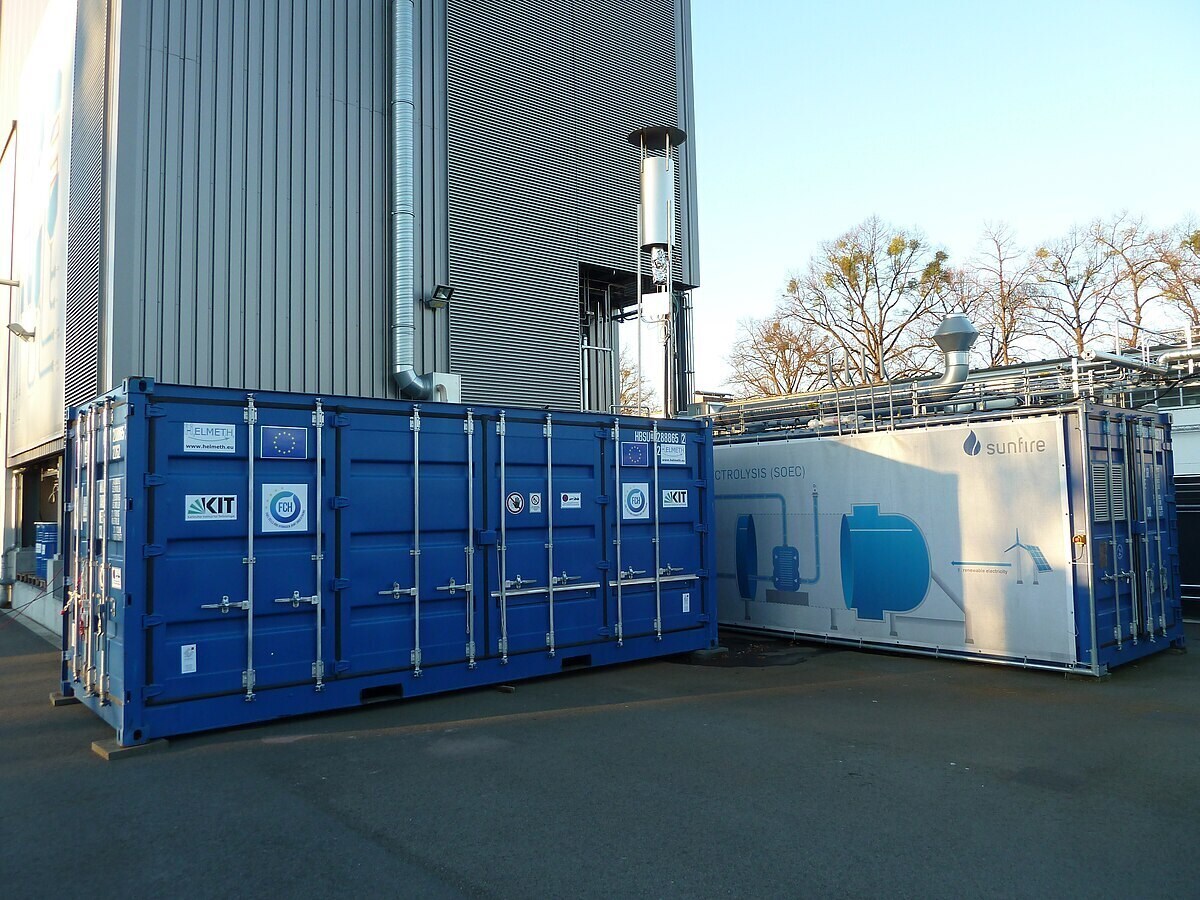

Poland has blocked over 37 tonnes of illegal aluminium scrap at its border and returned the shipment to Germany. Officials detained two trucks near Jędrzychowice, a key crossing point close to the German border. The load had been logged in Poland’s digital monitoring platform. However, the designated Polish recipient lacked mandatory paperwork for “processing and disposal”, according to the National Revenue Administration.

Explore- Most accurate data to drive business decisions with 50+ reports across the value chain
The waste was to be delivered to the Lesser Poland (Małopolska) Province, authorities confirmed.. The recipient may now face a potential fine of up to €235,000 ( USD 269,986.8), signalling that Warsaw is prepared to make waste-crime expensive.
After China’s 2018 waste-import ban, Western European shipments surged eastwards. Poland experienced a spike in illicit inflows, with 61 per cent coming from Germany by 2019. That shift pushed Central and Eastern Europe into the front line of Europe’s waste management integrity challenge.
Also Read: Aluminium’s circular fortnight: From US recycling labs to India’s water breakthroughs
By stopping the cargo despite its registration, Polish authorities showed that digital declarations alone are not enough. Documentation, environmental safety capacity, and end-use permits still matter. Other EU states quietly face similar pressure.
Border checks across the EU are tightening as regulators crack down on “greenwashing” of waste shipments. Transparent traceability and audited recycling capacity are collectively becoming a competitive edge, not bureaucratic burdens.
Must read: Key industry individuals share their thoughts on the hottest topics
Responses








